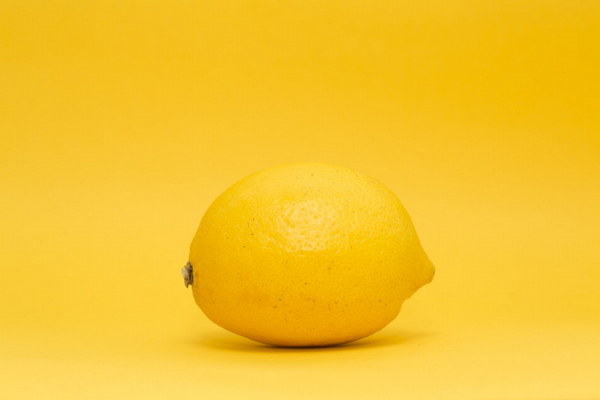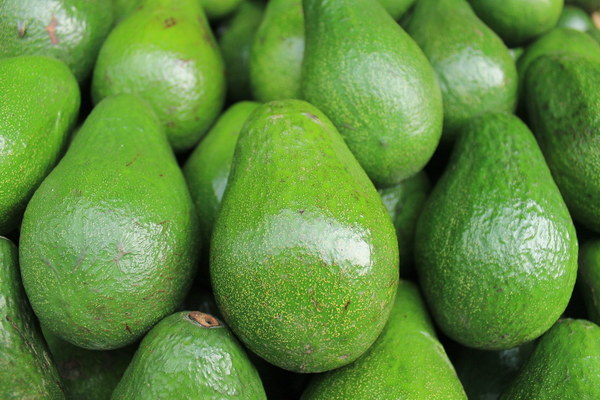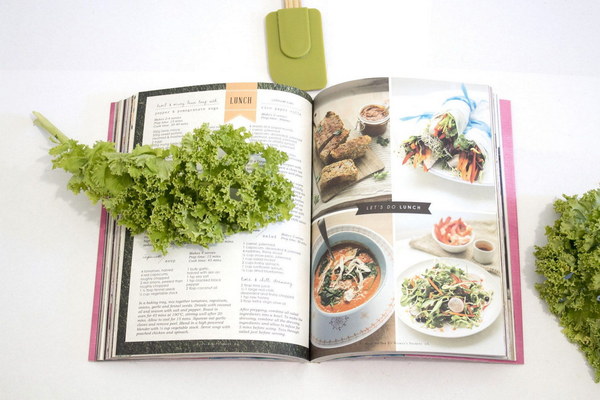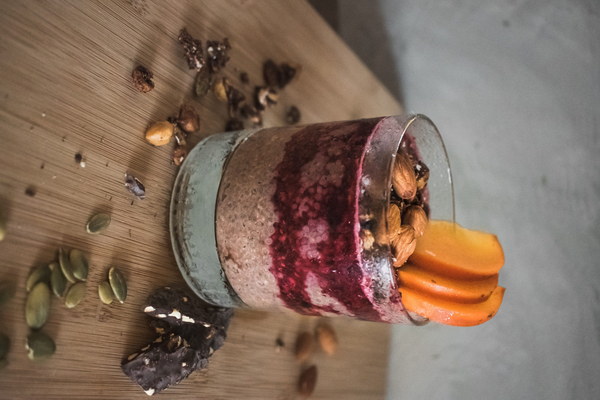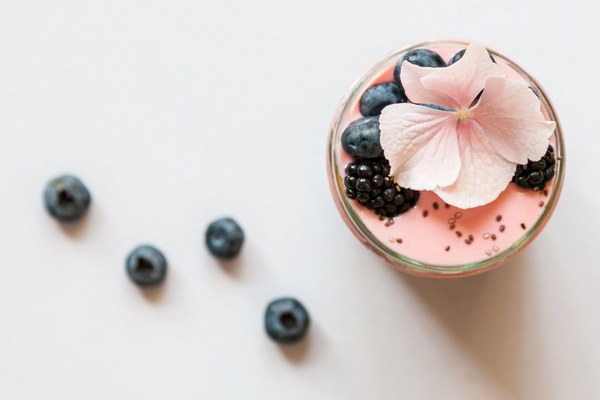Nourishing Your Spleen and Draining Dampness A Guide to Winter and Autumn Health
As the seasons transition from summer to autumn and then to winter, the weather grows colder and the air becomes more damp. These changes can affect our health, particularly our spleen and digestive system. In traditional Chinese medicine, the spleen plays a crucial role in transforming food into nutrients, while dampness can lead to a variety of health issues. Here’s a comprehensive guide to nourishing your spleen and draining dampness during the autumn and winter months.
Understanding Spleen and Dampness
The spleen is an essential organ in Chinese medicine, responsible for the transformation of food into energy and nutrients. It is also connected to the mind, memory, and immunity. When the spleen is weak, it can result in fatigue, bloating, and digestive issues.
Dampness, on the other hand, is a concept in Chinese medicine that refers to an excess of moistness in the body. This can be caused by factors such as excessive consumption of cold, damp foods, or living in a humid environment. Dampness can lead to various symptoms, including joint pain, bloating, and a general feeling of heaviness.
Autumn and Winter: The Perfect Time to Nourish Your Spleen
Autumn and winter are the ideal seasons to focus on spleen health and dampness drainage. Here are some tips to help you maintain a healthy spleen and ward off dampness during these months:
1. Adopt a Balanced Diet: Include a variety of nutrient-rich foods in your diet, such as warm grains, root vegetables, and lean proteins. Avoid cold, raw, and damp foods like ice cream, salads, and fruits that are not in season.
2. Stay Hydrated: Drink warm liquids, such as herbal teas or warm water with lemon, to keep your body hydrated and aid digestion.
3. Exercise Regularly: Engage in gentle, low-impact exercises such as walking, tai chi, or yoga to improve blood circulation and boost your immune system.
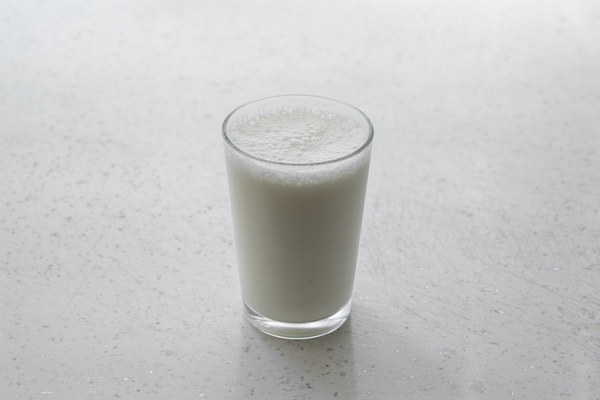
4. Manage Stress: Practice stress-reducing techniques such as meditation, deep breathing exercises, or spending time in nature to keep your spleen healthy.
5. Adequate Sleep: Ensure you get enough sleep, as insufficient rest can weaken the spleen and lead to dampness.
Herbal Remedies and Supplements
Herbal remedies and supplements can also help nourish your spleen and drain dampness. Some popular options include:
- Astragalus (Astragalus membranaceus): Known for its immune-boosting properties, astragalus can help strengthen the spleen and improve overall health.
- Bupleurum (Bupleurum chinense): This herb is often used to drain dampness and relieve symptoms of spleen deficiency.
- Licorice (Glycyrrhiza uralensis): Licorice is a demulcent herb that can help soothe the digestive tract and support spleen health.
Conclusion
Autumn and winter are the perfect seasons to focus on spleen health and dampness drainage. By adopting a balanced diet, staying hydrated, exercising regularly, managing stress, and utilizing herbal remedies, you can help keep your spleen strong and your body free of dampness. Remember, taking care of your spleen not only supports your digestive system but also contributes to your overall well-being throughout the year.
